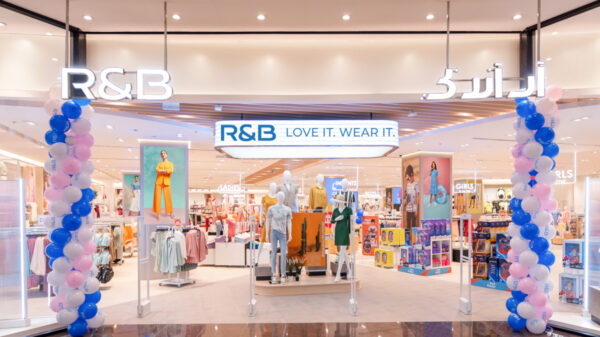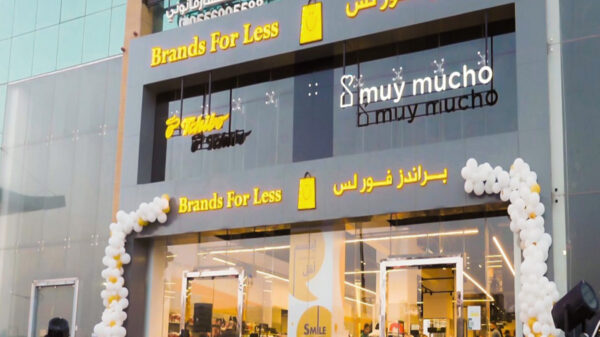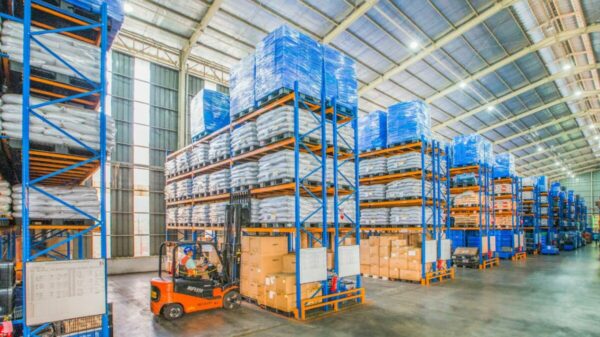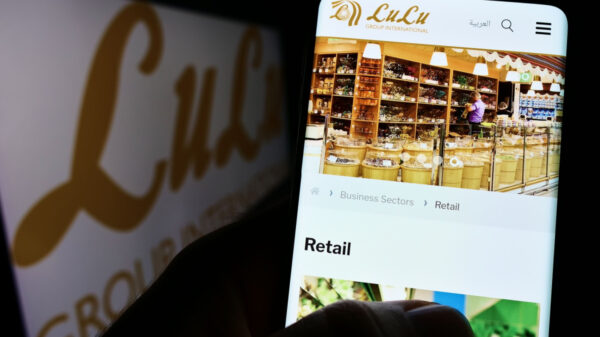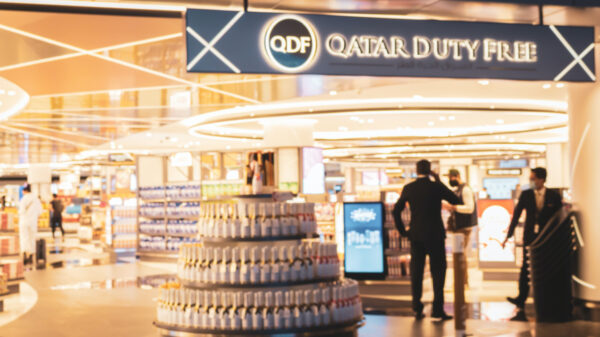As the metaverse is expanding, 5G in the UAE and Saudi Arabia is set to further propel e-commerce activity, according to a report by research consultancy Euromonitor, in collaboration with EZDubai, an e-commerce zone at Dubai South,
“5G expansion across the region enhances the retail e-commerce experience,” states the report, adding that Saudi Arabia is “deploying some of the world’s first 5G networks”.
“Meta Incubator was launched in April 2022 in Dubai to develop early-stage projects for all Metaverse-related technology. As such, companies launching Metaverse platforms are taking online shopping to the next level while also improving omnichannel interactions with consumers.”
Even as 5G and Metaverse are still in the nascent stage, by 2026, these markets in the Middle East are forecast to generate a combined $56.6 billion – up on the $37.1 billion recorded for 2022 and the $32.5 billion in 2021.
The 2020 tally was $27.8 billion, which followed a sharp rise in online selling and buying activity brought about by the lockdown – the key driver for growth from 2019’s tally of $15.5 billion.
The UAE, Saudi Arabia and Israel represent 72.1 per cent of Mena’s total e-commerce market size.
“Technologically-savvy populations, near-universal internet usage and strong government finances characterize these countries,” states the report.
Smart channels
CEO of Dubai South Logistics District, Mohsen Ahmad, said: “It is worth noting that government initiatives have also played a vital role in supporting this growth, with several regional governments implementing policies to support digital transformation and encourage entrepreneurship and investing in the necessary infrastructure and technology.”
Smart platforms and channels have become commonplace for UAE sourcing government-related services. This results in the greater use of online channels for their retail needs.
Dark stores and convenience
All these factors massively help q-commerce as the retailers look to expand their networks of ‘dark stores’ which are located in high consumer concentration areas and stock high-demand products.
“Players like Careem Quick, Noon Grocery, Daily (Talabat), Rabbit and Quick Market (Hungerstation) seek to offer convenient and quick delivery services with a wide variety of quality products,” the report states.
“In addition, grocery retailers and supermarkets are launching their own e-commerce platforms showcasing how competitive the market has become.”
The omni-way
Another source of major value-add for e-commerce would be omnichannel, as more and more UAE retailers are adopting hybrid strategies that embrace physical and virtual stores simultaneously.
“To sustain growth, e-commerce players should prioritise personalisation of the online experience, adopt an omnichannel approach, and improve last-mile delivery services,” said the senior engagement manager of the public sector, Mena region, at Euromonitor International.

